View from the airport: HPE Discover 2019
The legacy vendor says it's heading in a new direction, but can it really keep on top of all these pledges?
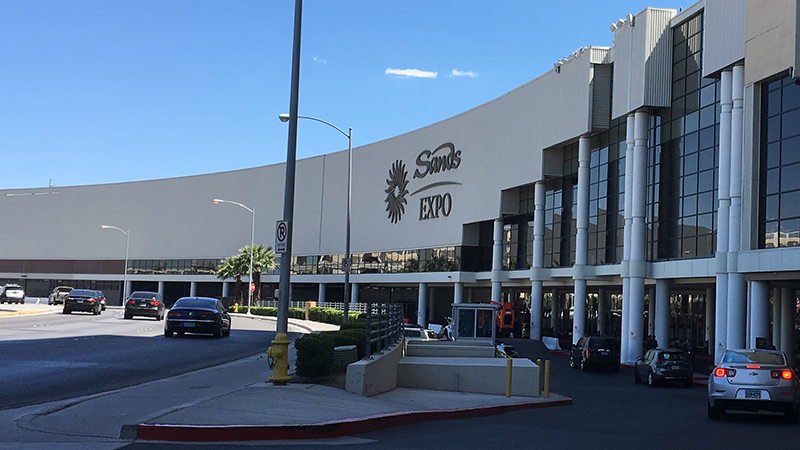

Just over two years into Antonio Neri's tenure as CEO at HPE and the company is rather a different beast to how Meg Whitman left it in November 2017.
Not much has changed structurally, but this year's Discover conference in Las Vegas to me pointed to a change in culture. Of course, we had the usual product announcements some of which were quite exciting but there was a lot of time spent talking about more "businessy" elements.
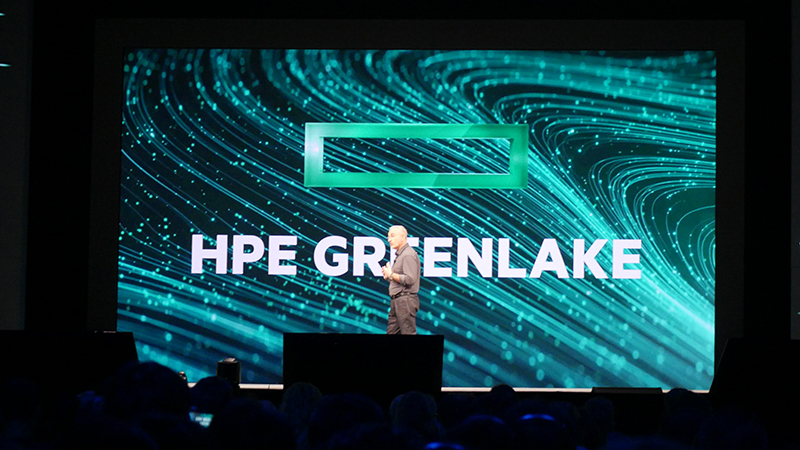
GreenLake is a standout example of this. The consumption-based service was launched back in November 2017 (just as Neri took the reins, in fact) but was absolutely the star of the show this year.
It's clear the company is now aggressively pursuing an 'as a service' model, rather than sell once and hope for repeat custom down the line, as has been the case in the past, with a pledge to make the full HPE portfolio available through GreenLake by 2022. While there is a bit of a fudge (you can still buy on a one-off basis rather than consumption if you really want), this to me is a big step away from the years of talking about "hybrid IT" under Whitman, which I saw largely as an attempt to give a veneer of cloudiness to HPE's products while really maintaining a traditional, legacy vendor profile.
Speaking of the cloud, the company has really started to embrace this technology in partnership with cloud vendors and not just old friends like Microsoft, but also AWS and Google. In particular, it's using containerisation technology to its advantage, as well as public cloud companies' realisation that they need to play nice with traditional vendors in order to maximise their customer pool (not everything can be hosted on a public cloud, after all).
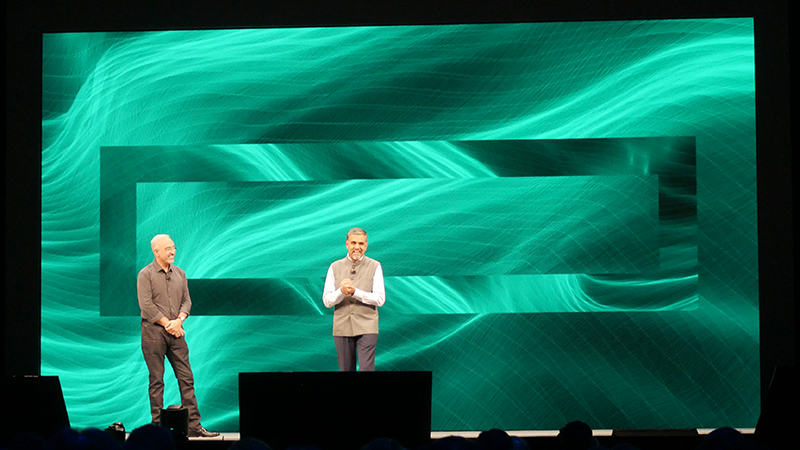
HPE has also brought its networking business, Aruba, front and centre in the cloud conversation with a major update to Aruba Central. Indeed, it was given one of the handfuls of product slots during the keynote, with Aruba co-founder Keerti Melkote taking to the stage alongside Neri to talk about this cloud management service.
We also saw the company's in-memory computing efforts start to bear some commercial fruit. While The Machine, as it was called, was quietly downgraded over the past few years from in-memory computing moonshot product to in-memory computing project, to really just another part of HPE Labs, its technology lives on in the shape of Primera.
Get the ITPro daily newsletter
Sign up today and you will receive a free copy of our Future Focus 2025 report - the leading guidance on AI, cybersecurity and other IT challenges as per 700+ senior executives
This appliance which its beaming creators were clearly delighted with at the press launch comes with a 100% uptime guarantee (I'm not rounding up there, either) and was described to me by an independent analyst as the company's most important storage launch in years.
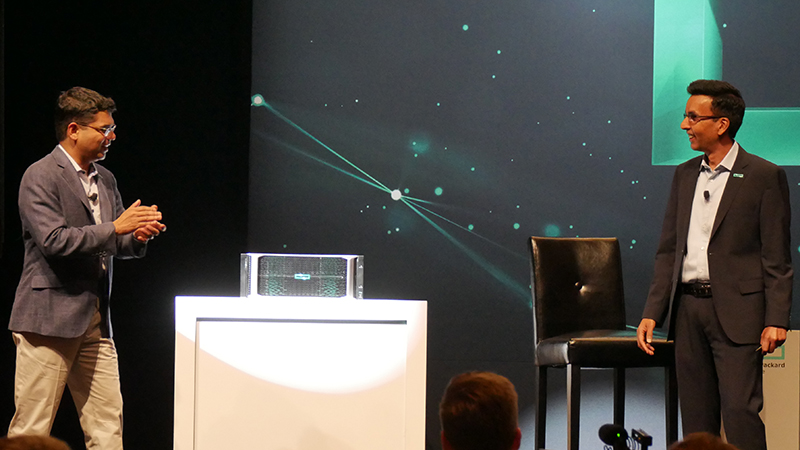
There was also a lot of emphasis on the company's corporate social responsibility (CSR) initiatives, including its continued partnership with Purdue University aimed at using data and analytics to solve world hunger (no, really). As we were repeatedly told, the company's commitment to social good goes all the way back to "Bill and David" (Hewlett and Packard respectively, in case you're not on first name terms with the company's founders), although not an awful lot of evidence was brought along to support this claim.
Overall, particularly as someone who missed 2018's Discover and Discover Europe, I feel there's been a palpable change in the company over the last 18 months and I'm not the only one, which can be credited almost entirely to Neri.
As a couple of people I spoke to at the event pointed out, he's an unusual breed of CEO nowadays; he joined HPE's predecessor, HP as a call centre operative in 1995 and over the intervening 24 years worked his way up to the top job, rather than being a direct transplant like the four CEOs who preceded him. I understand he's quite hands-on and will have been closely involved with the development of Aruba Central (he was HP's networking head for a while after all), staking Primera's 100% uptime claim and the pivot to a consumption-based business.
Without wishing to sound like I'm completely toeing the party line, HPE really does feel like a more services-oriented and collaborative business than it was just a short two years ago. I'll be intrigued to see next year how much business is actually being done through GreenLake (of the 600 customers currently counted as doing business through the scheme, two-thirds are actually "in the pipeline"), and whether we'll see how that 100% uptime claim has held up. If it's done well we could be at a very exciting point in the development of storage technology and I would expect to see some more products using the same technology to be very literally unveiled.
All images: Jane McCallion/Dennis Publishing. All rights reserved.

Jane McCallion is Managing Editor of ITPro and ChannelPro, specializing in data centers, enterprise IT infrastructure, and cybersecurity. Before becoming Managing Editor, she held the role of Deputy Editor and, prior to that, Features Editor, managing a pool of freelance and internal writers, while continuing to specialize in enterprise IT infrastructure, and business strategy.
Prior to joining ITPro, Jane was a freelance business journalist writing as both Jane McCallion and Jane Bordenave for titles such as European CEO, World Finance, and Business Excellence Magazine.
-
 Should AI PCs be part of your next hardware refresh?
Should AI PCs be part of your next hardware refresh?AI PCs are fast becoming a business staple and a surefire way to future-proof your business
By Bobby Hellard Published
-
 Westcon-Comstor and Vectra AI launch brace of new channel initiatives
Westcon-Comstor and Vectra AI launch brace of new channel initiativesNews Westcon-Comstor and Vectra AI have announced the launch of two new channel growth initiatives focused on the managed security service provider (MSSP) space and AWS Marketplace.
By Daniel Todd Published
-
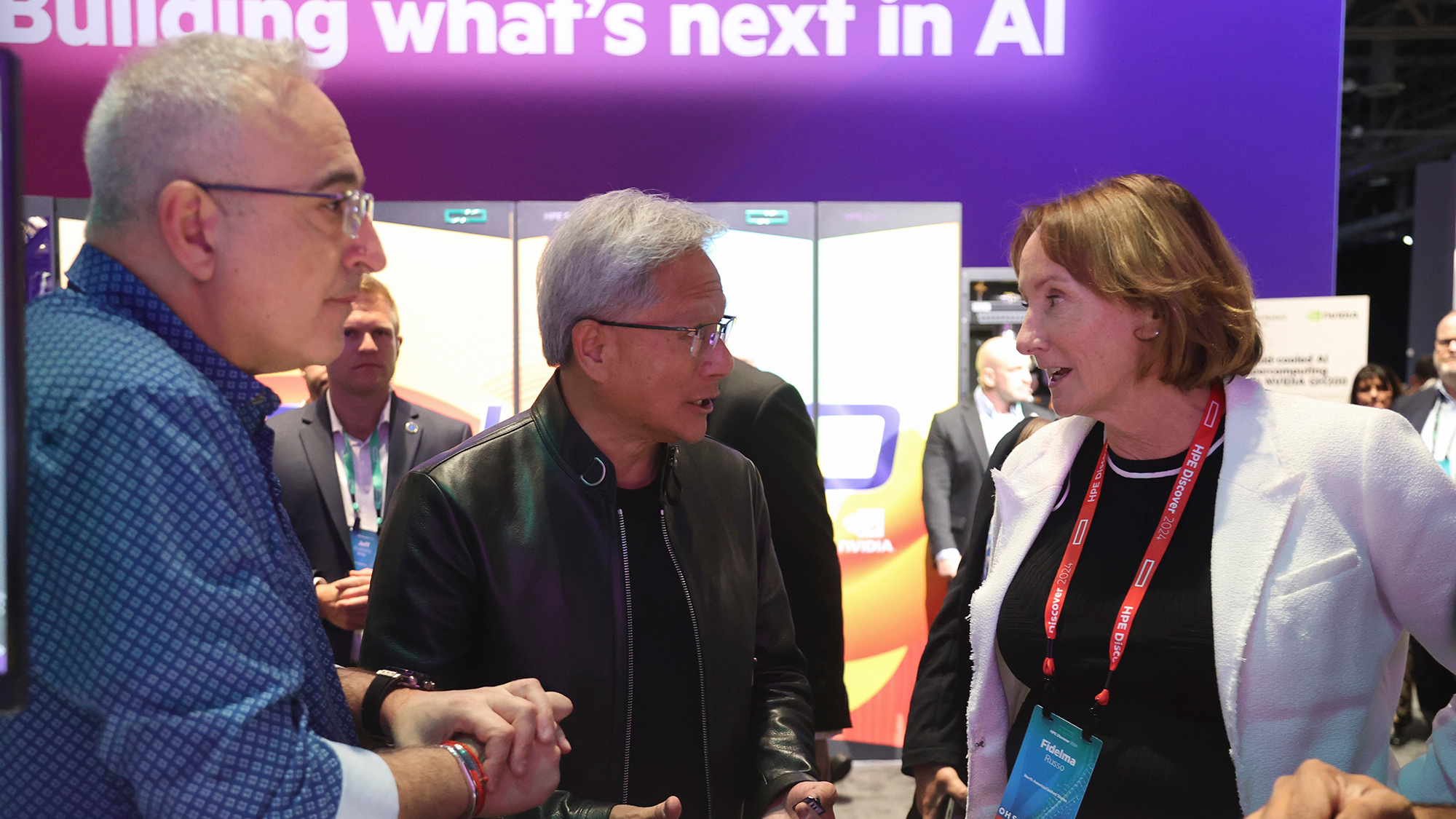 Who is Fidelma Russo?
Who is Fidelma Russo?Learn more about HPE's CTO and leader of GreenLake's success
By Nicole Kobie Published
-
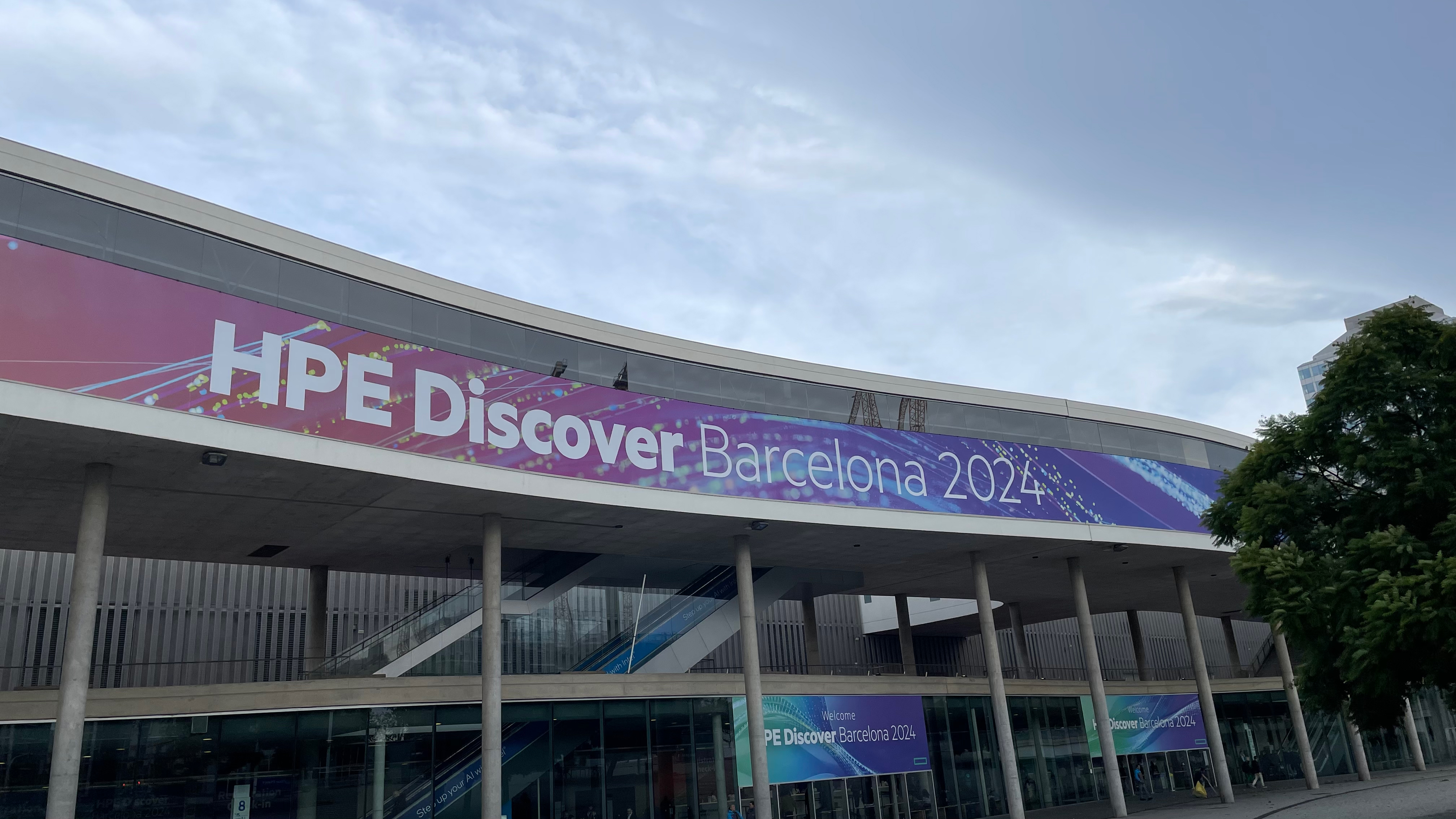 Steady progress and partner potential at HPE Discover Barcelona 2024
Steady progress and partner potential at HPE Discover Barcelona 2024Analysis With few product announcements, HPE's annual Europe event instead laid the groundwork for 2025
By Jane McCallion Published
-
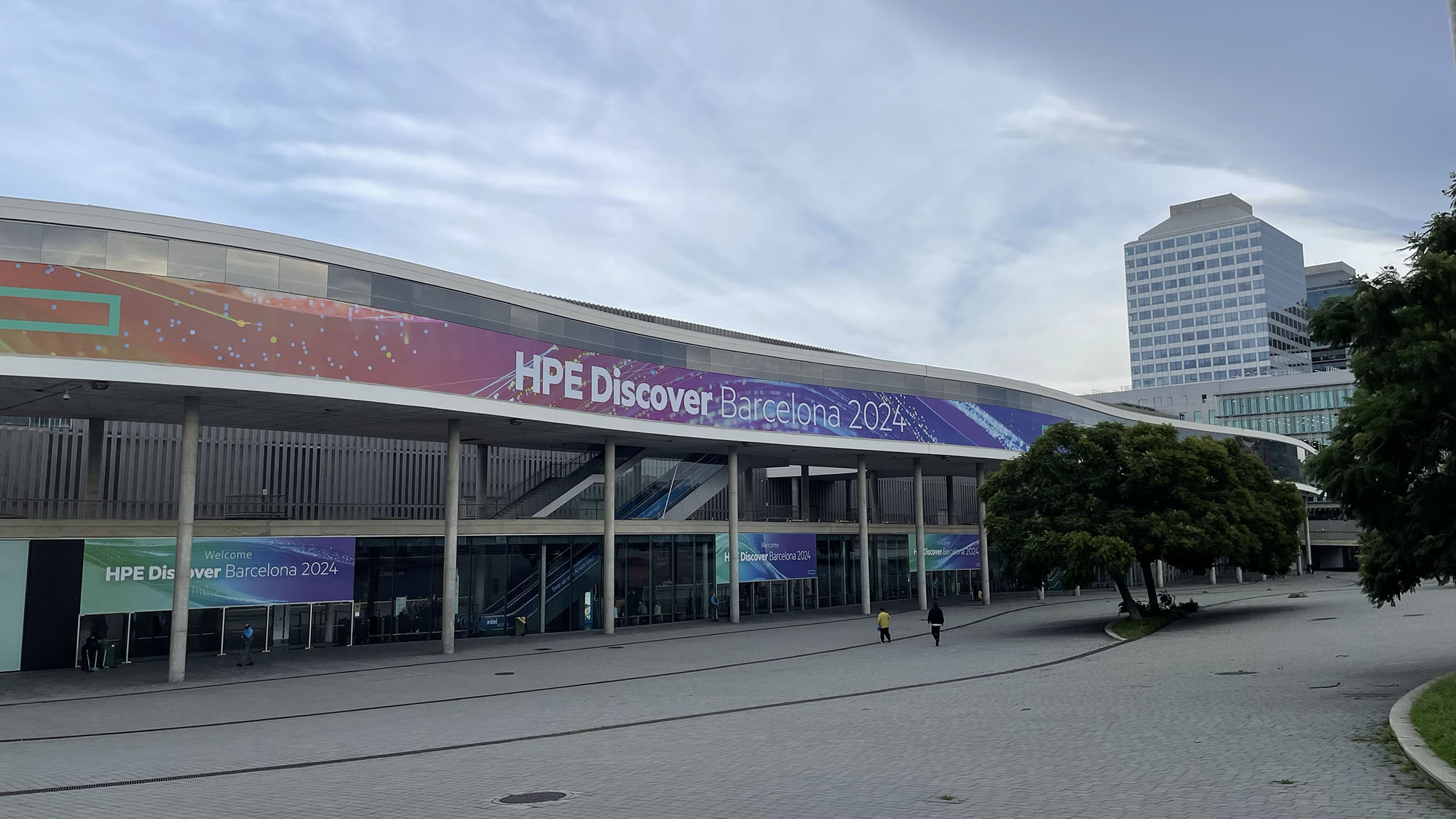 HPE launches exclusive sovereign cloud offering for the channel
HPE launches exclusive sovereign cloud offering for the channelPartners will need HPE Sovereignty competency before they can start selling
By Jane McCallion Published
-
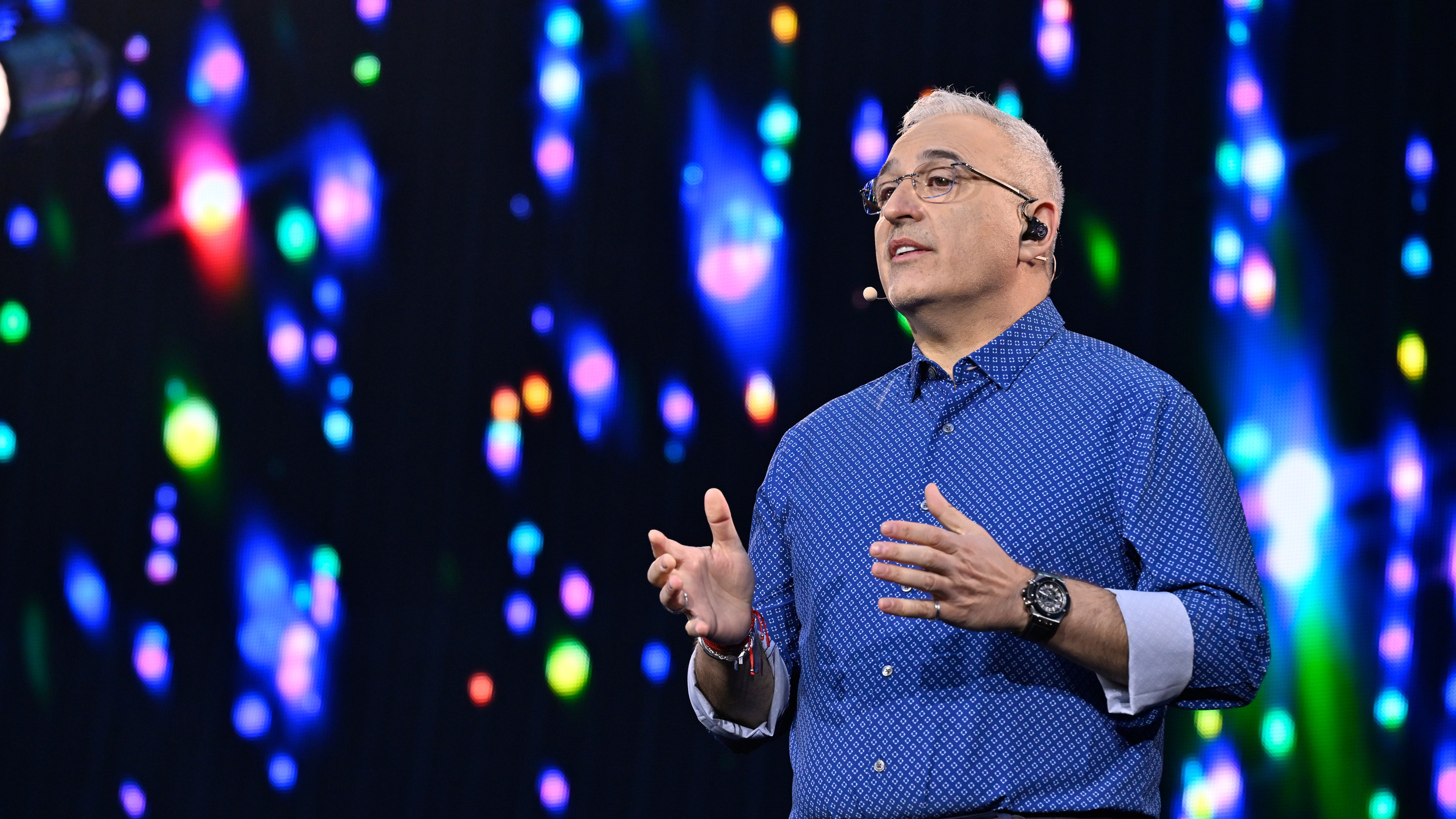 HPE Discover Barcelona 2024: All the news and updates live
HPE Discover Barcelona 2024: All the news and updates liveLive coverage of the keynote at HPE Discover Barcelona
By Jane McCallion Last updated
-
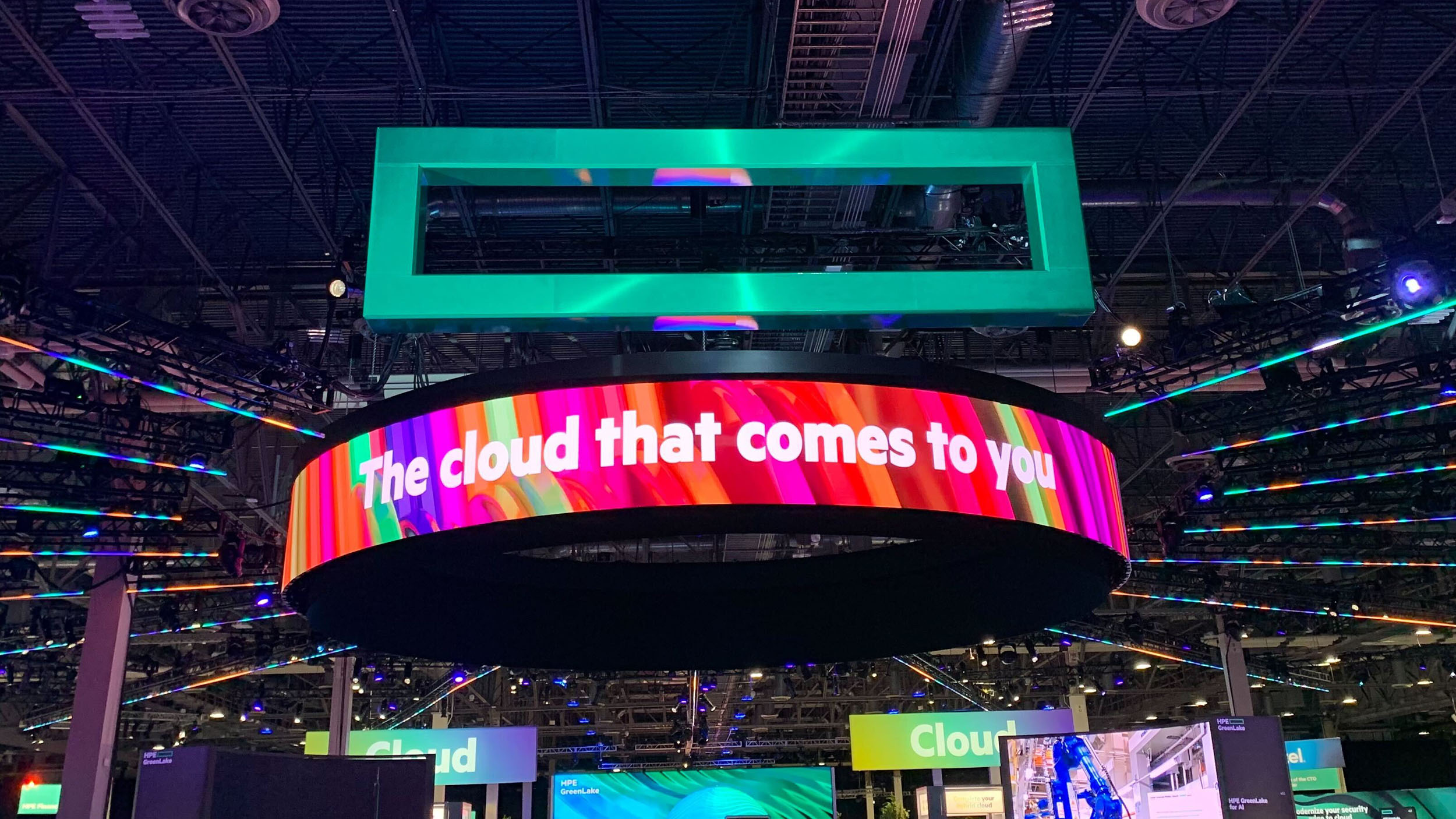 What to look out for at HPE Discover Barcelona 2024
What to look out for at HPE Discover Barcelona 2024Analysis Hewlett Packard Enterprise’s European conference opens on 20 November – here’s four announcements I expect to see
By Jane McCallion Published
-
 The power and the pain: Looking forward so you’re not held back
The power and the pain: Looking forward so you’re not held backAvoiding server modernization may seem like a cost-saving strategy, but the hidden risks of downtime, security breaches, and operational inefficiencies can quickly become far more costly…
By ITPro Published
-
 Modernization: Nothing to fear except failing to future-proof
Modernization: Nothing to fear except failing to future-proofAs businesses face mounting pressure to innovate while maintaining daily operations on tight budgets, modernization has become a necessity, not a luxury
By ITPro Published
-
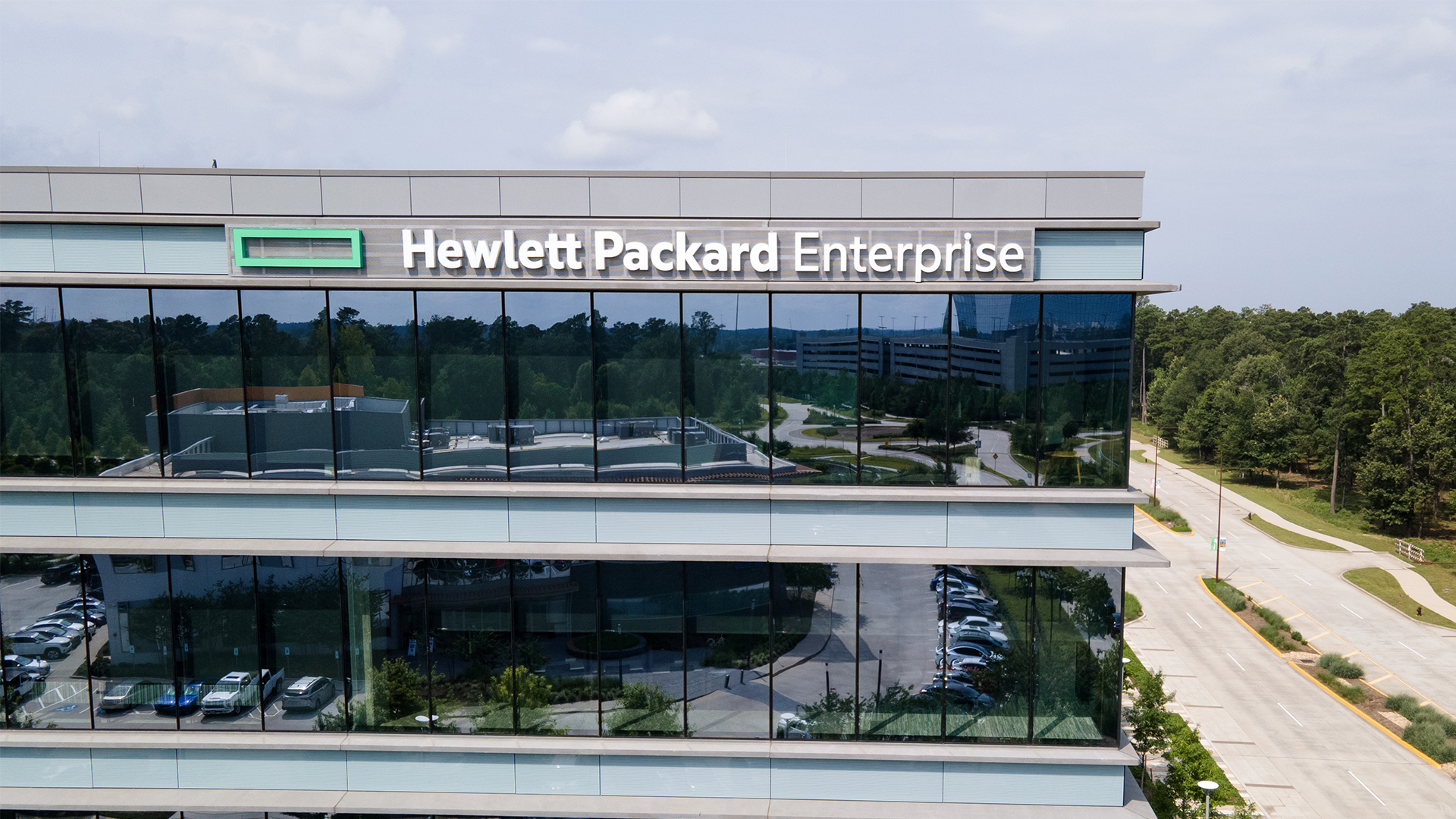 Plain sailing for HPE as Juniper Networks acquisition expected to breeze through antitrust probe
Plain sailing for HPE as Juniper Networks acquisition expected to breeze through antitrust probeNews The deal is expected to bolster HPE’s position in the highly competitive networking market
By George Fitzmaurice Published